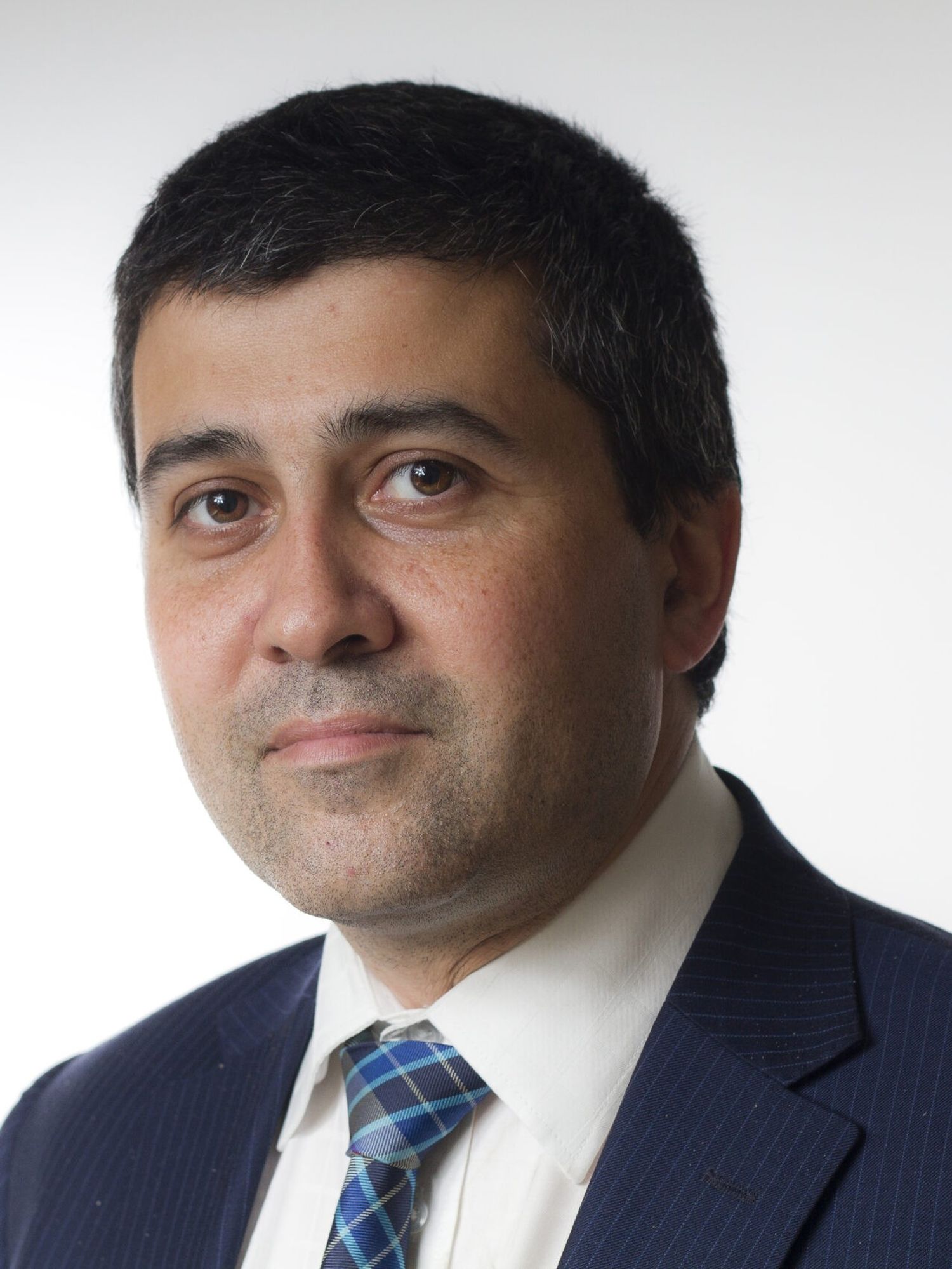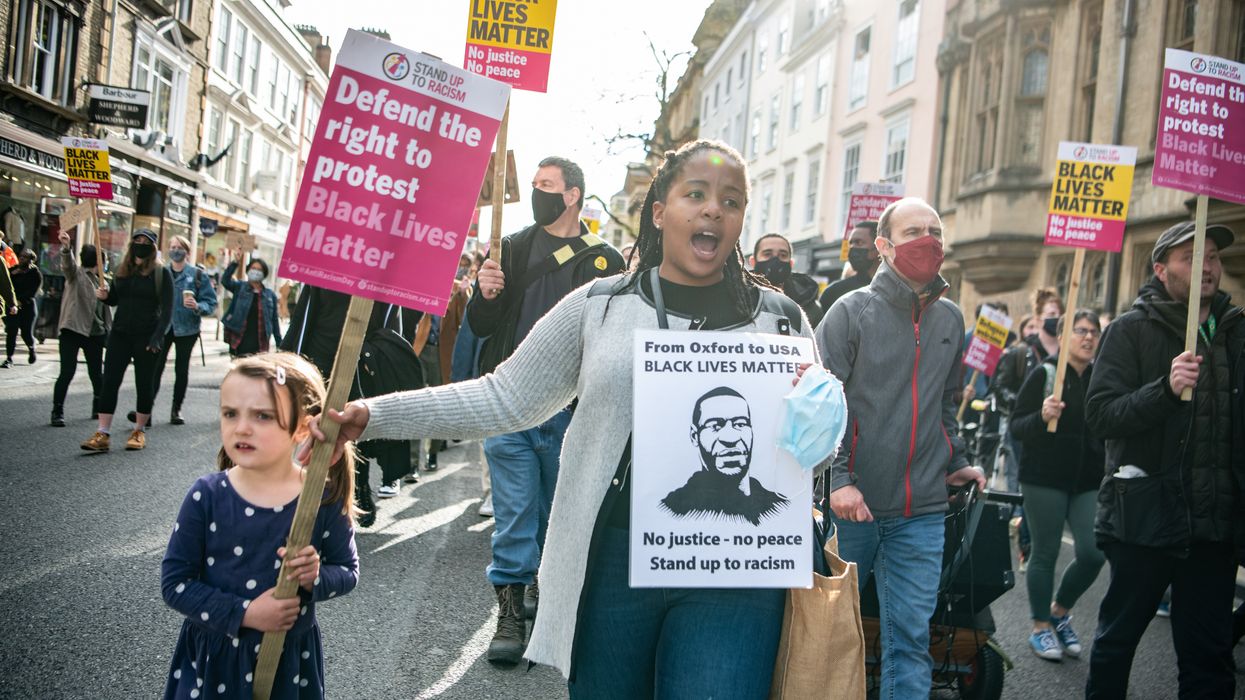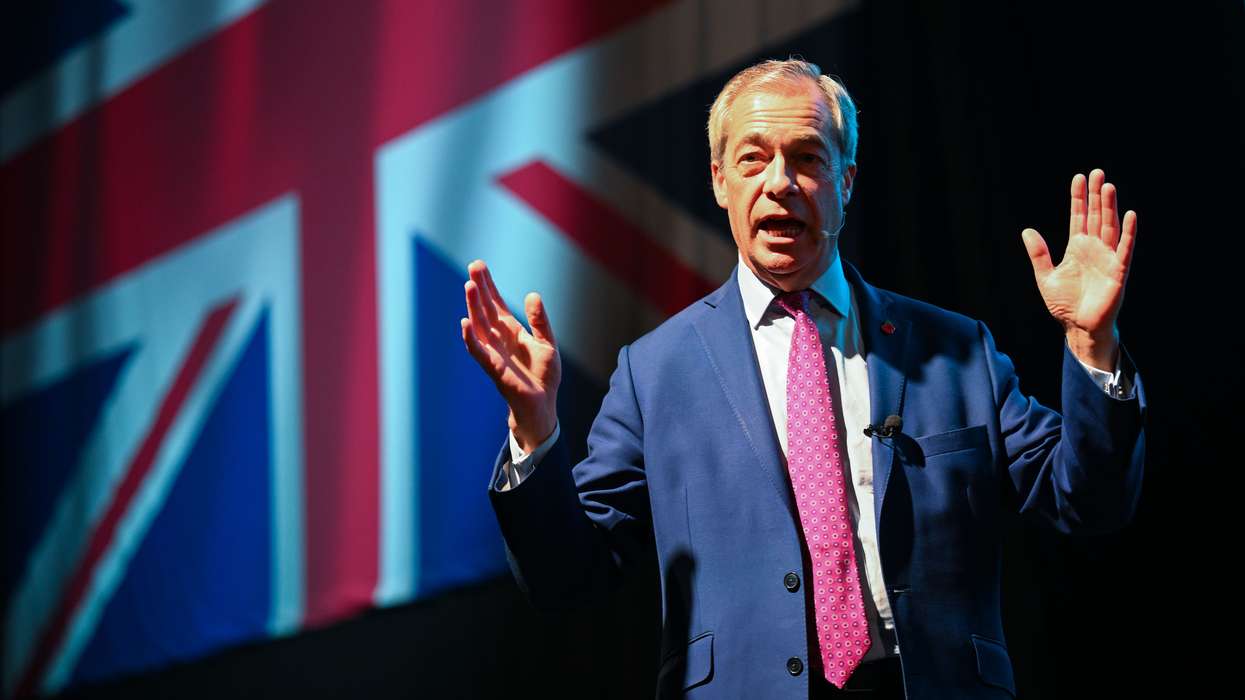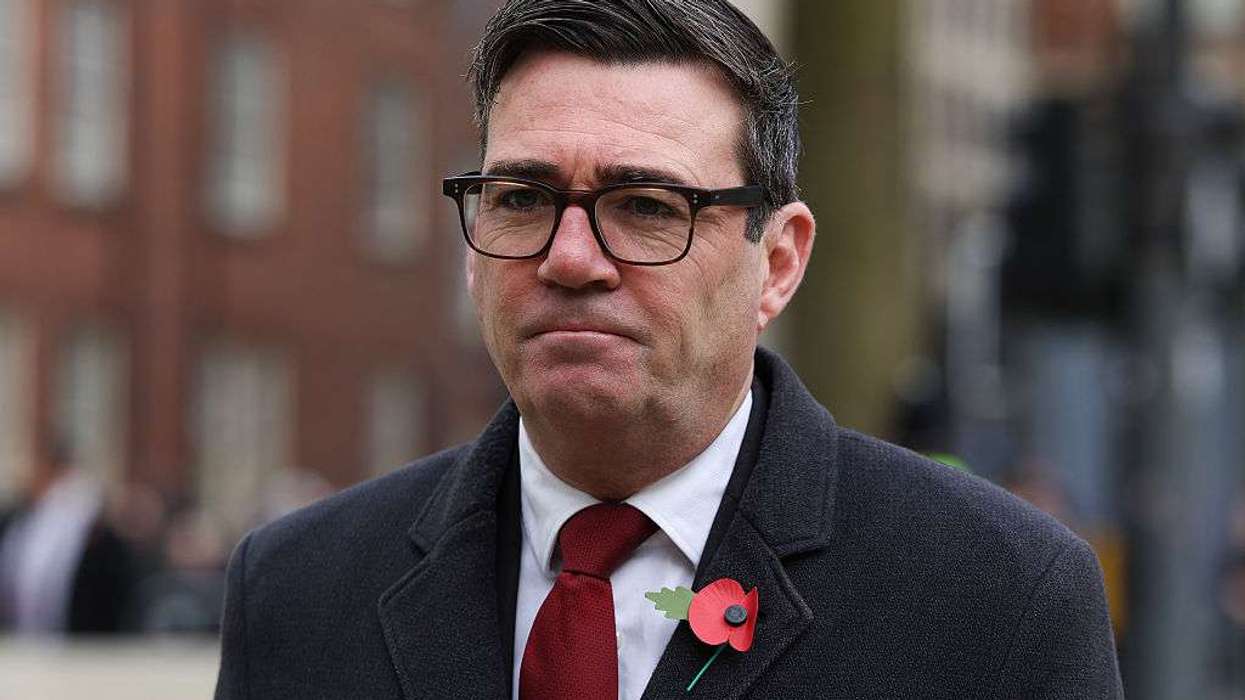IT HAS been five years since the biggest anti-racism protests in a generation – but how far did they have a lasting legacy?
The protests across America after the murder of George Floyd spread to Britain too. There was no central organisation, nor a manifesto of demands, as students and sixth formers took to the streets.
This was the time of the Covid pandemic in which two-thirds of NHS staff who had tragically lost their lives were ethnic minorities. But placards declaring “racism is the real pandemic” risked mixing metaphors to deadly effect. So the Covid context reinforced a generational divide.
The UK protests of 2020 were a cross-ethnic movement primarily of black, Asian and white young people – though there were many older armchair supporters. Indeed, a third of ethnic minority Britons felt they had participated, primarily by voicing online support.
The Black British are four per cent of the population, compared to 13 per cent in America – about a quarter of visible minorities in the UK. Most of the larger British Asian group felt supportive of the anti-racism protests too. Cricketer Azeem Rafiq felt it was why his challenge to racism in Yorkshire cricket finally cut through.
The protests mobilised – and polarised. Online arguments were especially heated, but offline conversations could be more thoughtful. Quite a few people were in listening mode that summer.
Britain is not America was the core point for those critical of the protests – yet I found those who took part often quick to acknowledge that. America’s gun problem gave racism in policing a different intensity of urgent threat. But too much focus on transatlantic differences could underpin complacency about real challenges to face up to in Britain too.
Once the statue of Edward Colston was pulled down in Bristol on June 7, history and statues became a central theme. A year later, ahead of Euro 2021, footballers taking the knee became the symbolic focal point.
Boris Johnson’s government commissioned a review of ethnic disparities, but the Sewell report generated a starkly polarised debate with its optimistic counter-narrative about Britain leading the world.
The argument was about language – what it meant to be ‘institutionally racist’ – with the report’s incremental proposals on issues such as curriculum reform, policing data and online hatred barely discussed.
As the pattern of opportunities and outcomes on race in Britain becomes more complex than ever, the politics seems ever more binary. The Tories chose three more leaders – our first Asian prime minister, who preferred that not to be noticed too much; and the party’s first black British leader, a vocal critic of all things ‘woke’.
In opposition, Sir Keir Starmer declared the protests a ‘defining moment’ and issued an awkward photograph of himself taking the knee in his office alongside his deputy leaders.
Efforts to weaponise that image against him fell rather flat.
Labour pledged a new race equality act but tried to say as little as it could about race. The party had an electoral strategy of taking ethnic minorities for granted – a product of its exclusive geographical focus on the people and places who were not already Labour.
Shedding minority votes on both its left and right flank complicated the party’s nascent thinking about whether or how to respond.
In government, the party was reluctant to draw attention to its legislative pledge. It is now consulting on those measures so quietly that very few people have noticed.
Beyond one strong Starmer passage about last summer’s racist riots at the Labour conference, no leading voice in this government has found an appetite or voice to make a substantial argument about race, opportunity or identity in Britain today.
The anti-racism protests galvanised but polarised. It is the identity politics of Donald Trump which set America’s agenda now – ironically taking affirmative action to absurd lengths, but only for deeply unqualified Trump loyalists. Because Britain is not America, most people would reject emulating the Trump effort to repeal any mention of diversity or inclusion here.
But finding forward momentum is more challenging.
Those suspicious of the sincerity of corporate declarations of support for the Black Lives Matter movement felt vindicated by their flipping as the political weather changed.
UK corporations are often seeking to continue work on inclusion while side-stepping polarised political controversies. National charities lag behind the public and private sector.
That patchy response may explain why one institutional legacy of the protests is the effort of high-profile black Britons, such as Lewis Hamilton, Raheem Sterling and Stormzy, to create their own foundations.
Five years on, the legacy can be hard to discern. The core message of the anti-racism protests in Britain was that the progress we have made on race has not met the rising expectations of the next generation.
It will take more confidence among institutions of political, economic and cultural power about how to act as well as talk about race and inclusion – or those rising expectations risk remaining frustratingly unmet.

Sunder Katwala is the director of thinktank British Future and the author of the book How to Be a Patriot: The must-read book on British national identity and immigration.




